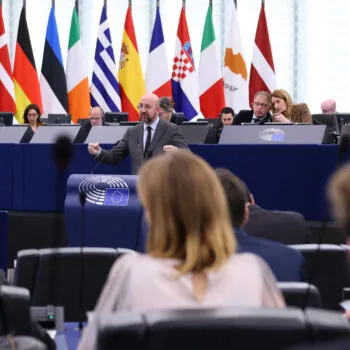The electricity connections that physically link the UK to the EU are increasingly important for its climate and energy policies, with more interconnection needed to ensure the UK takes the least-cost pathway to decarbonisation.
The UK needs to continue developing electricity interconnectors with the EU after Brexit if it is to deliver a low carbon, low cost, and secure electricity system. But leaving the EU makes interconnector development and operation more difficult, even though the rationale for building them remains the same.
The government should prioritise supporting existing and new interconnectors with the EU in the future relationship negotiations, including them within discussions on energy and climate cooperation and access to the internal energy market.
The following brief sets out why interconnectors are important for the UK’s energy system and low carbon future, and how they can be an area of cooperation with the EU post Brexit.
Key points
- Interconnectors can play a crucial role in the UK’s climate and energy policies, helping to ensure it takes the least-cost path to decarbonisation while meeting its climate change targets
- The UK should prioritise interconnectors in the future relationship negotiations with the EU, including them within a climate and energy cooperation track for the UK’s engagement with the EU after Brexit
- Irrespective of the outcome of Brexit, the UK should build more interconnection as it is a ‘no-regrets’ option for helping achieve the transition to a low carbon energy system
- Interconnector development and operation will become more difficult because of Brexit, at a time when the UK is set to increase its levels interconnection and become more reliant on them
- The UK should use existing proposals for developing regional electricity grids and renewables in the North Sea to engage with the EU and maintain a positive role in shaping regional ambition on decarbonisation


